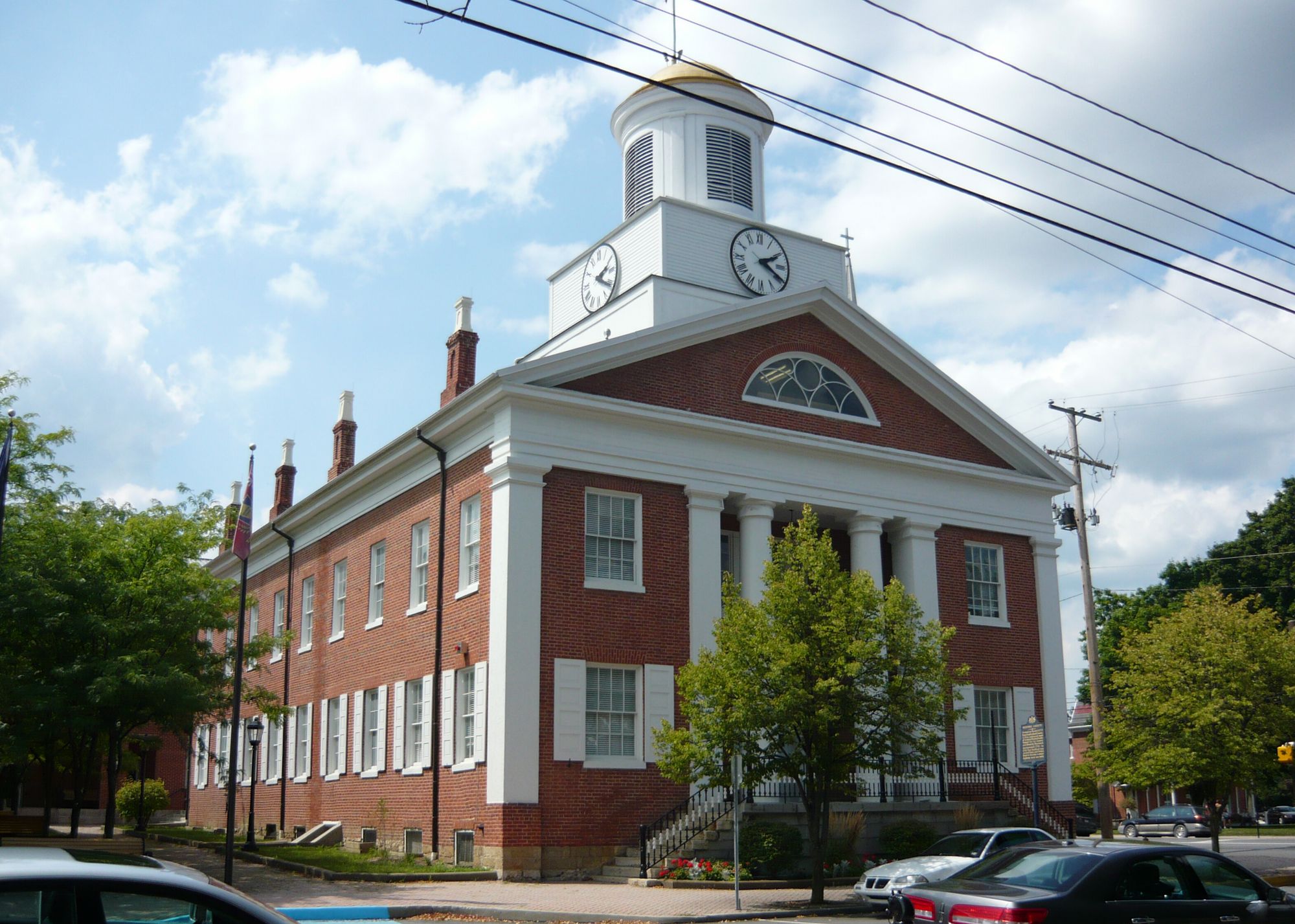The Crucial Role of County Records in Pennsylvania Genealogy
Using county courthouse records is necessary for Pennsylvania genealogy research. Family historians who skip county research often miss the opportunity to finish their genealogy.

Have you been researching your Pennsylvania ancestors and gotten frustrated?
Researching in Pennsylvania can be a thrilling journey, but it's also a place where history and culture run deep, causing difficulties for many genealogists. I have a very strong view on why so many people get stuck in Pennsylvania research. It's not popular, and it's not something most experts will tell you.
If you are not researching in county records, you are never going to find your ancestors.
Why do I hold such a strong opinion? I'll cover five reasons why knowing the county of your ancestor is so essential and how it moves your research forward in this article.
1. Simple Surnames
Pennsylvania has a long history of settlement and immigration. The largest first group of English mostly had simple surnames such as Jones, Smith, Williams, or Brown. The next most numerous group, the Irish brought the common surnames of Gallagher, O’Neill, McKenna, and Murphy. Locating a particular John Smith or Mary Murphy is an impossible task without knowing the county.
2. Extremely Common First Names
Pennsylvania is full of people who have given their children familiar names, like John, Mary, William, Elizabeth, George, and Sarah. This makes it next to impossible to distinguish your ancestor in a list of hundreds to thousands of search results. It's like trying to find a single drop of water in a vast ocean. Fortunately, if you focus on one county, you have way fewer John’s and Mary’s to wade through.
3. Surnames with Multiple Spellings
It wouldn’t be Pennsylvania without mentioning the Germans! The colony had the largest population of German speakers of any American colony and this was increased exponentially in the 1840’s and 1850’s. Germanic surnames in early records are spelled multiple ways, often changing each time an English-speaking clerk wrote it down - Schmidt/Schmitt, Meyer/Meier, Schwartz/Schwarz, Wolf/Wolfe. A broad search through one of the big genealogy websites shows the various spellings, but it takes looking at individuals in counties to tease out which spellings your ancestors used.

4. County Courthouses Were the Government
Imagine it is 1830, and you are a farmer in Lancaster County, Pennsylvania. When you walk, you can cover 4 miles in an hour. You have to use your horse to take you to the local store and to church which are 10 miles away. The courthouse is a little farther away, 12 miles, but there you can conduct all the business you need to do: report a wagon that went missing, record the deed for your property, and vote in the election. The state capitol in Harrisburg is 55 miles away and there is nothing in the government there to help you in your day-to-day life. Same with Washington D.C. over 200 miles away. Your county courthouse is the only government you interact with over the course of your entire life.
5. Most County Courthouse Records Are Not Searchable
Despite how prevalent the county courthouse was for our ancestors all the way through the 20th century, the majority of those records are not easy to search online. When paper records are digitized into images, they also have to be indexed into a searchable database. People read the names on the images and type them into the database, and join the image to the typed names. After names are transcribed in this way, the records can be searched.
The majority of Pennsylvania county courthouse records are not searchable by typing names into websites. It does not mean the records are not there though! Many are still there as digital images on FamilySearch or as microfilms at county courthouses, and usable with the clerk’s index within the images.
What kinds of things can you learn from county courthouse records?
- Spouse and children’s names
- Marriage dates and minister’s name
- Parents’ names and birthplaces
- Wealth and amount of property owned
- Immigration date and home country
- Birth dates and death dates
- Divorce, name changes, court cases, and more!
Uncovering your Pennsylvania family tree can be a fulfilling experience, as long as you make the effort to go through county courthouse records. The county was the center of your ancestors’ life, and researching there allows you to overcome the difficulties posed by common names, surnames, and spelling variations.
So, roll up your sleeves, dive into county records, and discover your Pennsylvania ancestors.
© 2019–2023 PA Ancestors L.L.C. and Denys Allen. All Rights Reserved.
